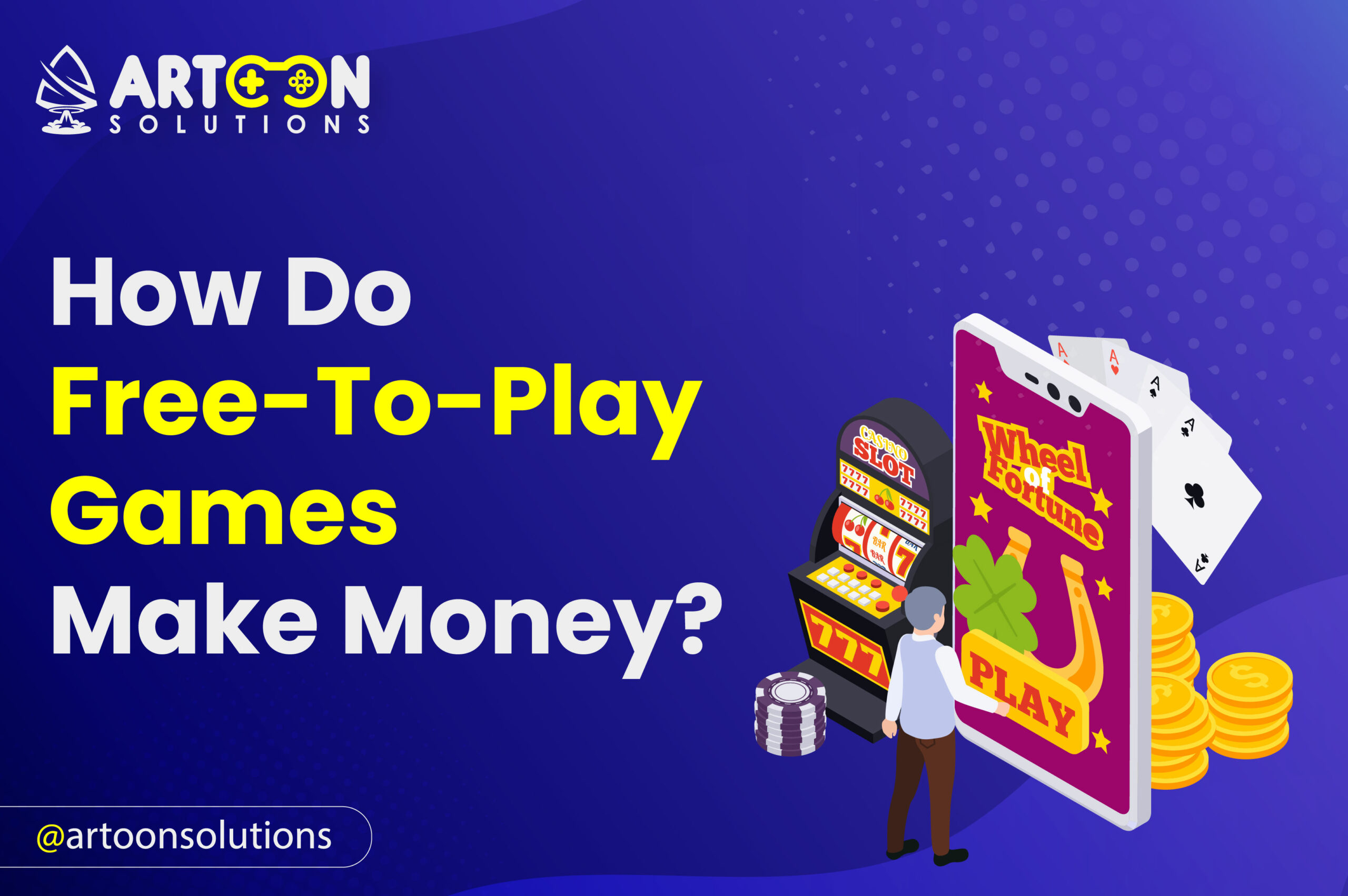Exactly How Play-to-Earn Games Are Transforming the Video Gaming Industry

Comprehending Play-to-Earn Mechanics
The play-to-earn version has actually emerged as an advanced concept within the video gaming sector, essentially changing the partnership between players and the games they engage with. This design makes it possible for players to make concrete benefits, usually in the form of cryptocurrencies or non-fungible tokens (NFTs), with their in-game tasks. Unlike typical pc gaming structures that usually generate income from via registration costs or single acquisitions, play-to-earn video games incentivize gamer engagement by straight connecting gameplay accomplishments to real-world value.
At the core of play-to-earn auto mechanics is the combination of blockchain innovation, which makes sure openness and provable ownership of in-game properties. Players can purchase, sell, or trade these properties in decentralized industries, empowering them with financial company previously hidden in traditional video gaming environments. Each gamer's payment to the game ecological community-- be it via skillful play, critical trading, or area involvement-- enhances the overall pc gaming experience while supplying them a chance to generate income.
As players spend time and sources, they not only grow their interaction with the video game yet likewise cultivate a vibrant economic climate that mirrors their cumulative efforts (play and earn rewards). This transformation of gameplay into a monetizable endeavor is improving both player motivation and video game design
Financial Influence On Gamers

Additionally, play-to-earn designs equalize accessibility to financial benefits. Gamers from differing socio-economic backgrounds can take part and potentially earn significant earnings, bridging spaces that exist in standard work markets. This paradigm change promotes financial freedom, specifically in areas where job opportunity may be restricted.
Furthermore, the introduction of virtual economies permits players to construct riches through tactical financial investments in in-game possessions, which can value gradually. This has caused the appearance of a new course of gamers who come close to play-to-earn as a severe income-generating activity, often causing the reinvestment of earnings right into the pc gaming ecological community itself. Inevitably, the economic influence on gamers is profound, as they browse a landscape where recreation and source of income converge.
The Function of Blockchain Modern Technology
What makes blockchain technology a foundation of play-to-earn games is its capability to give safety, decentralization, and transparency. By using a dispersed ledger system, blockchain ensures that all transactions within the game are taped in an unalterable manner, allowing gamers to validate possession of in-game properties without depending on a central authority. This transparency cultivates trust among players, as they can independently verify the scarcity and provenance of digital things, enhancing their value.
Furthermore, blockchain innovation equips players via decentralization, enabling them to engage in peer-to-peer deals. Gamers are no much longer constrained to in-game economies my blog controlled by developers; rather, they can trade, market, or rent their possessions easily in open markets. This shift not just raises the total liquidity of electronic possessions however also motivates more meaningful player involvement, as customers can straight benefit from their effort and time invested in the video game.
Furthermore, blockchain assists in the creation of wise contracts, which automate different in-game procedures, from rewards distribution to administration devices. play and earn rewards. This development my blog decreases the risk of fraud and ensures justice, further strengthening blockchain's essential function in the advancement of play-to-earn video gaming
Obstacles and Objections
Regularly, play-to-earn video games deal with substantial difficulties and criticisms that can hinder their growth and approval within the wider video gaming area. One primary worry is the potential for a speculative bubble, where the worth of in-game assets can fluctuate dramatically, leading to monetary losses for players. This volatility undermines the security that standard gaming settings typically use.
Furthermore, the assimilation of blockchain modern technology often questions regarding ecological sustainability. The energy intake connected with specific blockchain networks has triggered debates regarding the environmental impact of these games. Doubters suggest that the carbon footprint created by play-to-earn systems can hinder eco-conscious players.
Furthermore, there are concerns about accessibility and inclusivity. Many play-to-earn games require players to invest considerable upfront funding to obtain needed possessions, creating obstacles for those with restricted monetary resources. This model can accidentally create a divide between wealthier players and those that can not manage to participate.
Future Fads in Pc Gaming
As the video gaming sector proceeds to develop, several future trends are arising that assurance to reshape the landscape of play-to-earn video games and beyond. One considerable trend is the raising combination of blockchain innovation, which boosts transparency and safety in transactions. This will likely lead to higher depend on among gamers, urging bigger fostering of play-to-earn models.
Furthermore, the increase of non-fungible symbols (NFTs) is set to change digital ownership, enabling players to absolutely own in-game possessions. This shift will not just equip players however additionally develop new economic opportunities within the digital ecological community. The merging of gaming with other sectors, such as social media and decentralized finance (DeFi), is expected to foster ingenious gameplay mechanics and monetization strategies.
Moreover, developments in expert system and maker discovering will make it possible for a lot more individualized gaming experiences, providing to specific player choices and boosting involvement. Ultimately, the expanding focus on community-driven growth will likely affect game design, as players significantly get involved in forming their video gaming atmospheres. Collectively, these fads show a transformative future for the video gaming market, where play-to-earn designs original site will certainly play a main role in redefining gamer communication and worth development.
Verdict
To conclude, play-to-earn games represent a significant shift in the video gaming industry, cultivating financial opportunities via ingenious auto mechanics that leverage blockchain modern technology. This version not only democratizes accessibility to economic advantages for gamers from various socio-economic backgrounds yet also motivates community involvement and empowerment. Regardless of facing difficulties and criticisms, the capacity for future advancements suggests that play-to-earn games will certainly continue to shape the pc gaming landscape, supplying new avenues for wealth development and player involvement.
The introduction of play-to-earn games represents a significant change in the video gaming market, improving the partnership in between players and the digital economy (play and earn rewards).The play-to-earn version has arised as an innovative idea within the gaming sector, fundamentally modifying the connection in between gamers and the games they engage with. Unlike traditional pc gaming structures that usually generate income from with membership costs or one-time purchases, play-to-earn games incentivize gamer participation by directly linking gameplay accomplishments to real-world worth
These innovative gaming platforms empower gamers to create real-world income via their in-game activities, consequently transforming the traditional idea of pc gaming from a mere activity right into a viable economic opportunity. In spite of encountering objections and challenges, the capacity for future developments recommends that play-to-earn games will proceed to form the gaming landscape, supplying brand-new avenues for riches creation and player involvement.